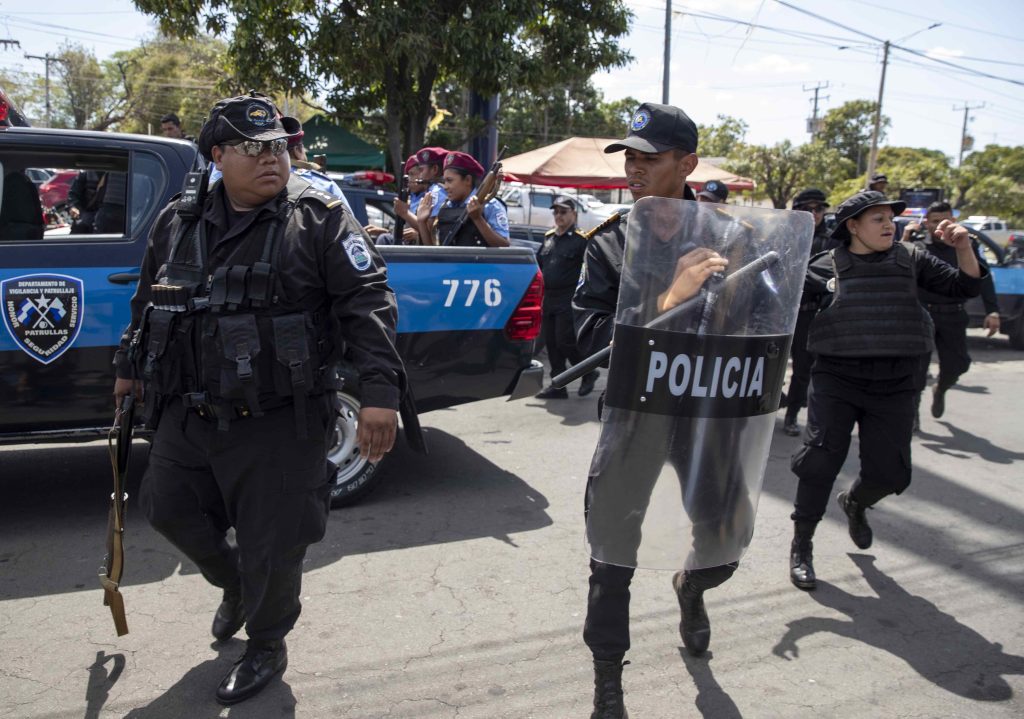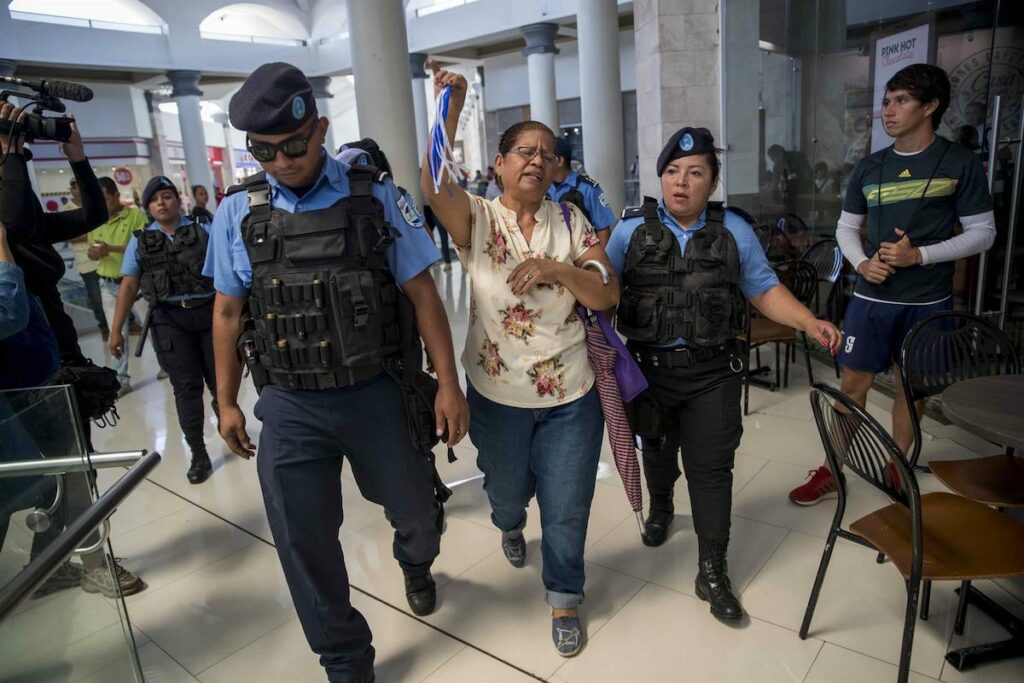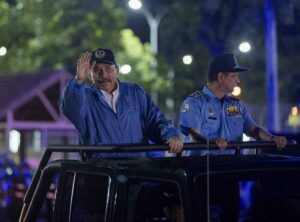Two international reports on organized crime place the Ortega-Murillo regime among the main countries with drug presence and high risk of money laundering. The most recent, approved over the weekend by US President Joe Biden, included Nicaragua in a list of the main countries where drugs are produced or transited in the world. The second, published last year by the Basel Institute of Governance, reveals that this country occupies the second place in a list of nations with “high risks” of money laundering and terrorist financing.
A specialist in national security issues considers that Nicaragua’s presence on these lists questions the effectiveness of national security policies and the fight against international organized crime that the regime usually emphasizes, namely its so-called ” Retaining Wall”. This strategy has numerous human and equipment resources for land, air and marine patrols from bases at key border crossings, and is often the dictatorship’s main argument for demanding the withdrawal of US sanctions.
The U.S. president’s report clarifies that a country’s presence on the drug list “is not necessarily a reflection of its government’s anti-drug efforts or level of cooperation with the United States.” However, this placement calls into question the official figures on the fight against drug trafficking that are often highlighted by national authorities. For example, Nicaragua seized the fewest tons of drugs (mostly cocaine) of all Central American countries in 2021. That is to say, while the US institution points out that Nicaragua is one of the countries with the greatest presence (transit or production) of drugs, the Nicaraguan police is the one that makes the fewest drug seizures in the entire region.
An investigation by DIVERGENTES revealed that in the past five years the police have increased confiscations of cash, while cocaine confiscations have decreased. The security specialist believes that this disparity reflects “the ineffectiveness of the government’s strategy to combat drug trafficking”.
A source linked to the National Police reported that the police carry out “some staged” money and drug seizures in order to demonstrate their effectiveness to the authorities, the population and international organizations. Meanwhile, the millions that appear “abandoned” in different parts of the country “many times are bribes given by organized crime” to the police.
On the money laundering gray list

At the end of last year, Nicaragua was removed from the gray list of the Financial Action Task Force (FATF), an intergovernmental body that monitors the measures taken by states to counter money laundering and terrorist financing.
FATF highlighted that Nicaragua “has taken steps” to correct the failures that had been detected in order to comply with the action plan set for February 2020. However, this organization warned that it is “very concerned about the possible misapplication of the standards with regard to the non-profit sector regime”.
A legal expert in money laundering prevention considers that Nicaragua’s supposed progress in this matter is due to a “manipulation of the local legal framework” on the part of the Ortega-Murillo regime. The specialist explains that the two leaders have used the closure of thousands of civil society organizations to highlight “a supposed legal system to counter money laundering”.
However, at the beginning of 2022, the report of the Basel Institute of Governance -which analyzes the capacity of anti-money laundering measures or the fight against money laundering implemented by countries- ranked Nicaragua as the country with the second “highest risk” of money laundering and terrorist financing in Latin America and the Caribbean. Nicaragua was only surpassed by Haiti. The document pointed out that in Nicaragua there are no or very few public policies to deal with this crime.
The Anti-Money Laundering (AML) index studies the level of bribery, corruption, financial transparency, public transparency, accountability, legal and political risks in each country. This index is based on data from 17 publicly available sources, such as the Financial Action Task Force (FATF), Transparency International, the World Bank and the World Economic Forum.
Regime dedicated to repression

The official discourse highlights Nicaragua as one of the countries with the most efficient and transparent security forces in the region. On the anniversary of the founding of the Police on September 11, Vice President Rosario Murillo said that the Police model “responds to the needs of citizen and human security… a revolutionary model, more social than police”.
The main function of the Police is to prevent criminal acts and safeguard people’s life and property within the national territory. However, a security specialist said that the Ortega-Murillo regime “has the Police more dedicated to execute a policy of repression and a police state than to fulfill its functions”.
Despite the economic crisis that Nicaragua has been suffering since 2018, the Police is one of the state institutions that has been strengthened the most since then. From C$3.5 billion allocated in 2018 it has gone to C$4 billion córdobas in 2022, according to official budgets. In addition, the police force has increased in recent years. In 2018 there were 15,479 police officers, while in 2021 there were 19,149 officers, according to an analysis conducted by DIVERGENTES, based on statistical yearbooks and official press releases.
In 2020, the National Police became the first public institution sanctioned by the United States due to human rights violations committed during the 2018 social protests. “The Ortega regime has used the Nicaraguan National Police as a tool in its violent campaign of repression against the Nicaraguan people,” said U.S. Treasury Secretary Steve Mnuchin.
On September 11, Ortega acknowledged that the National Police receives training from the Russian military in repression against opponents. “Of course we are, we are defending peace,” Ortega said.





